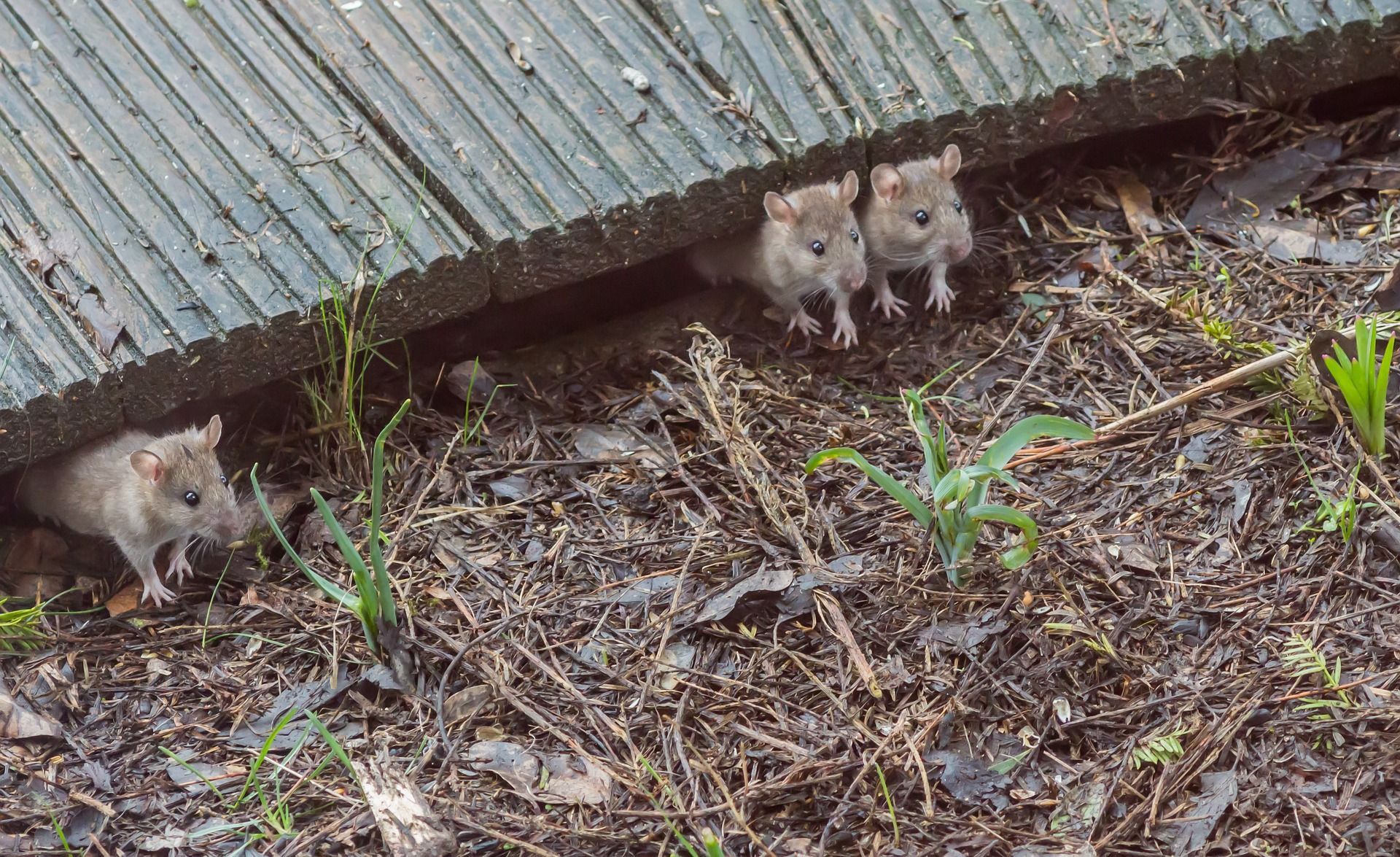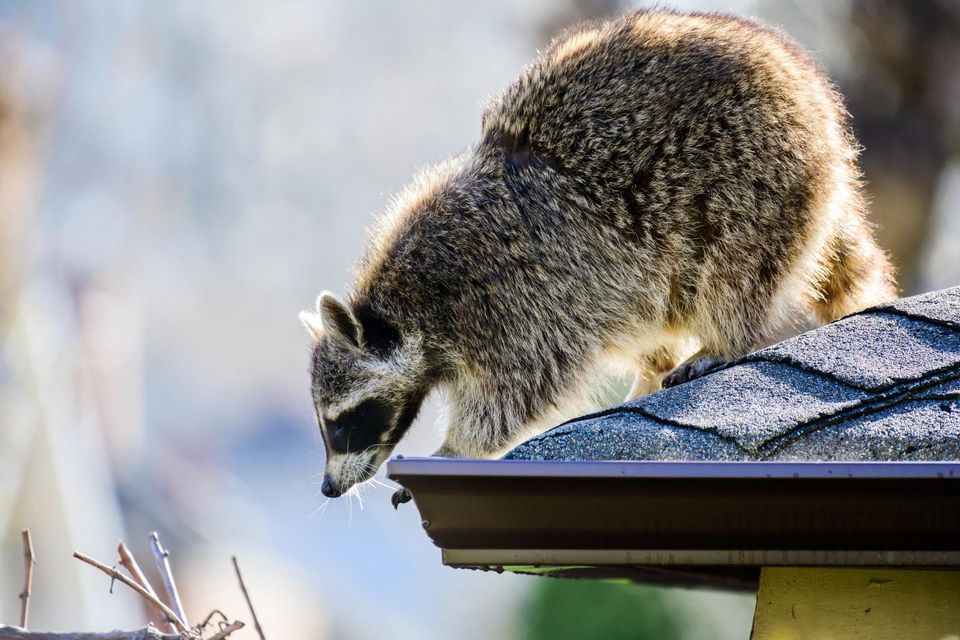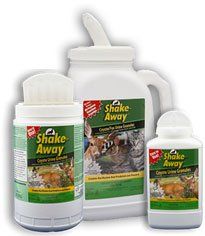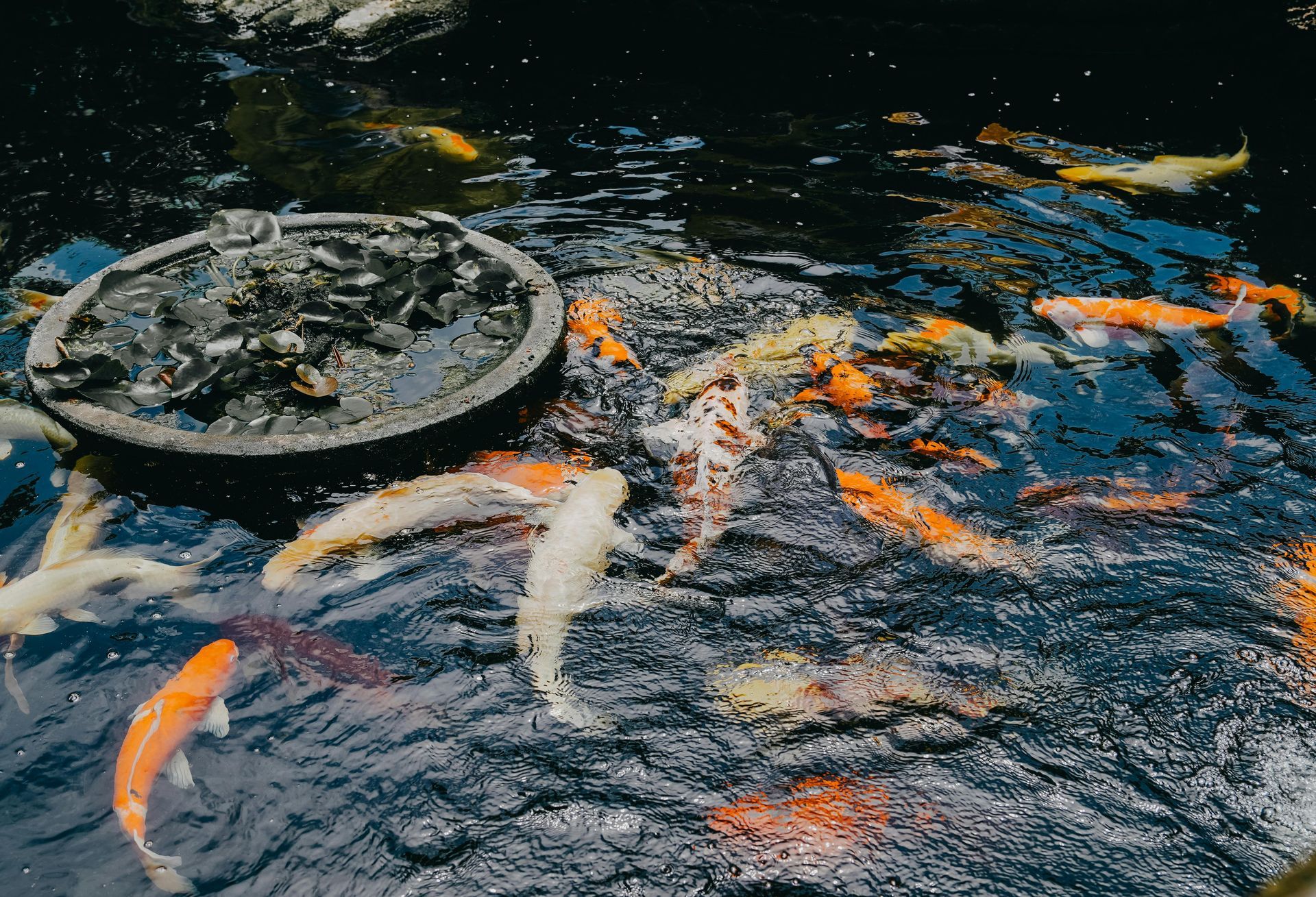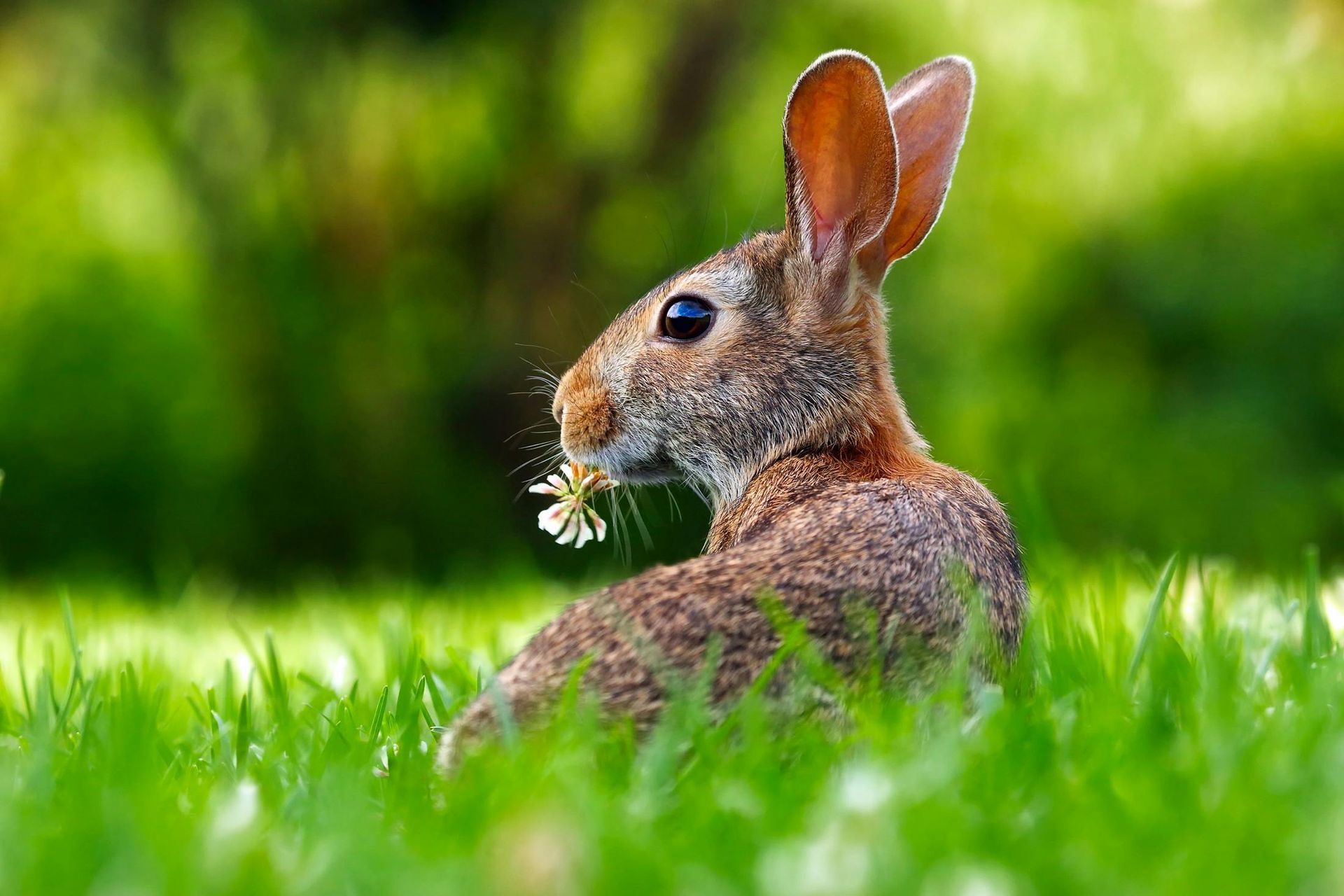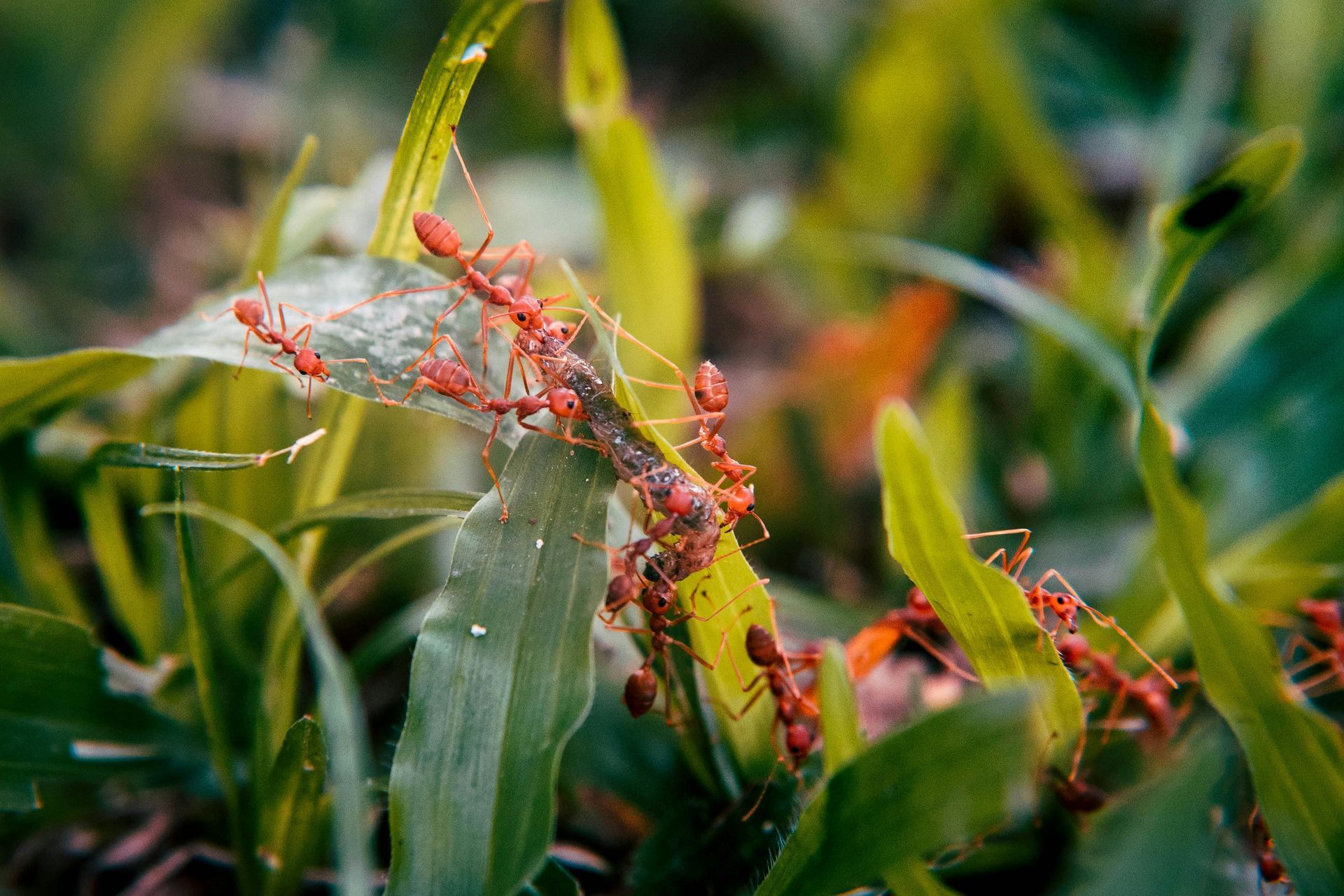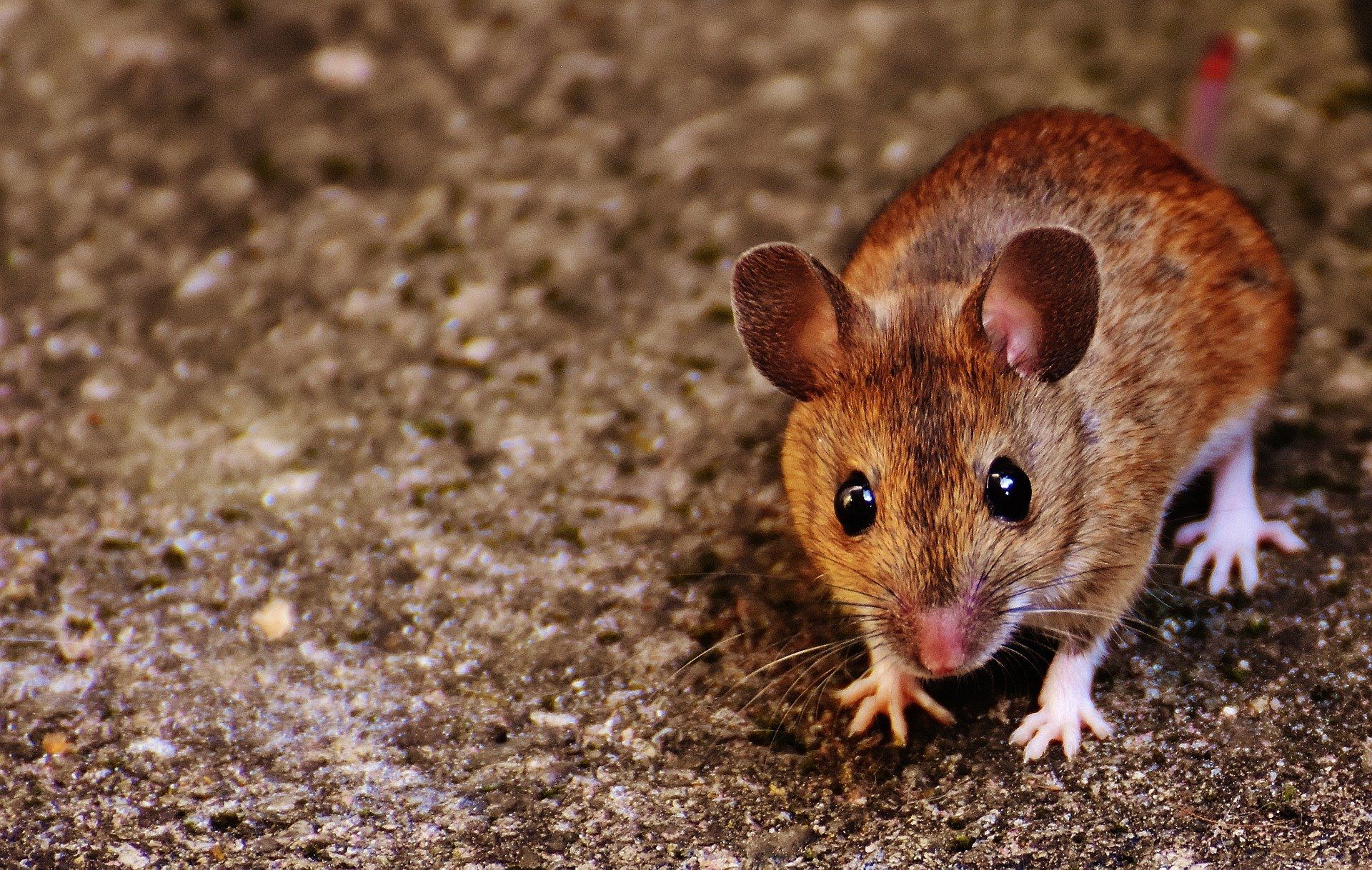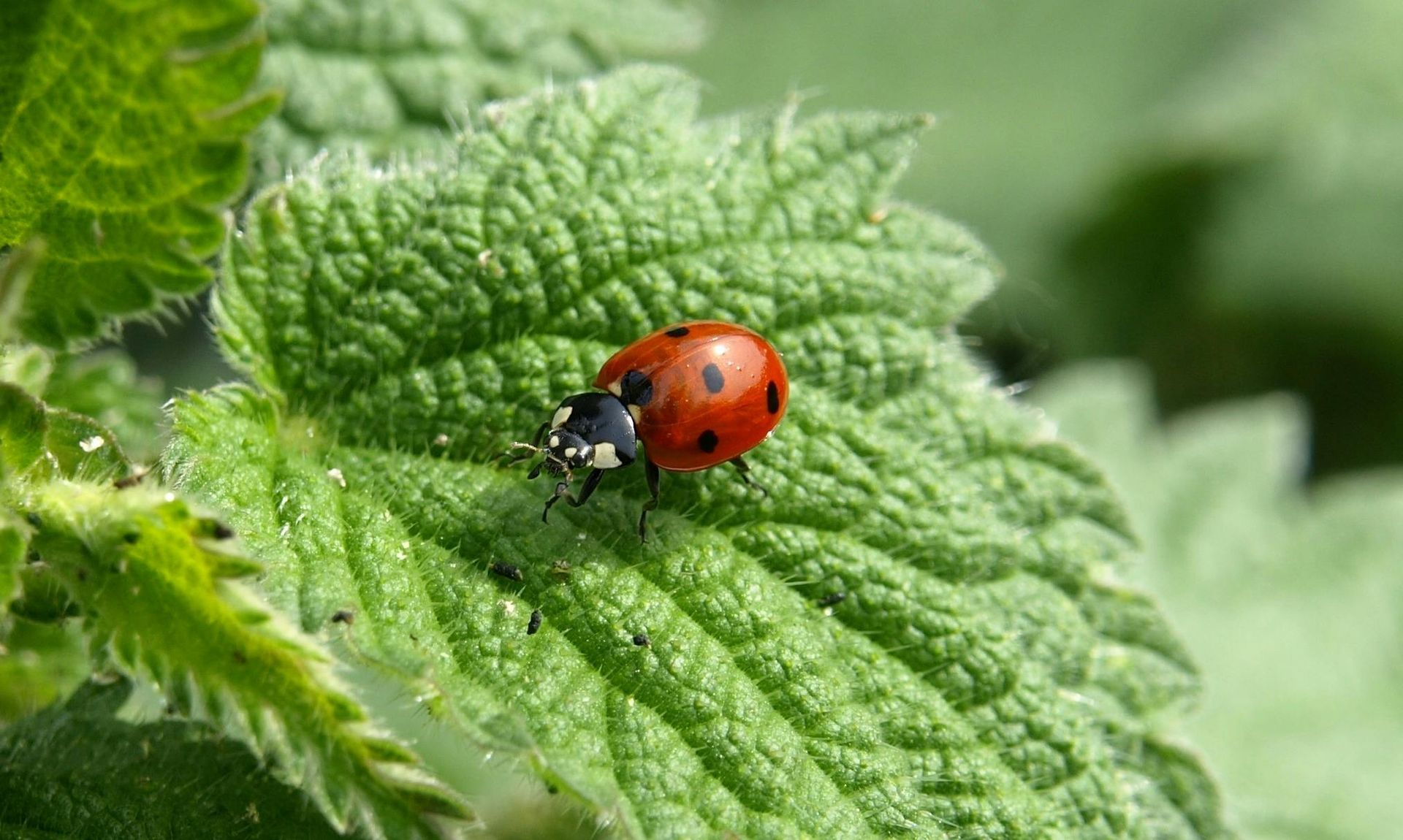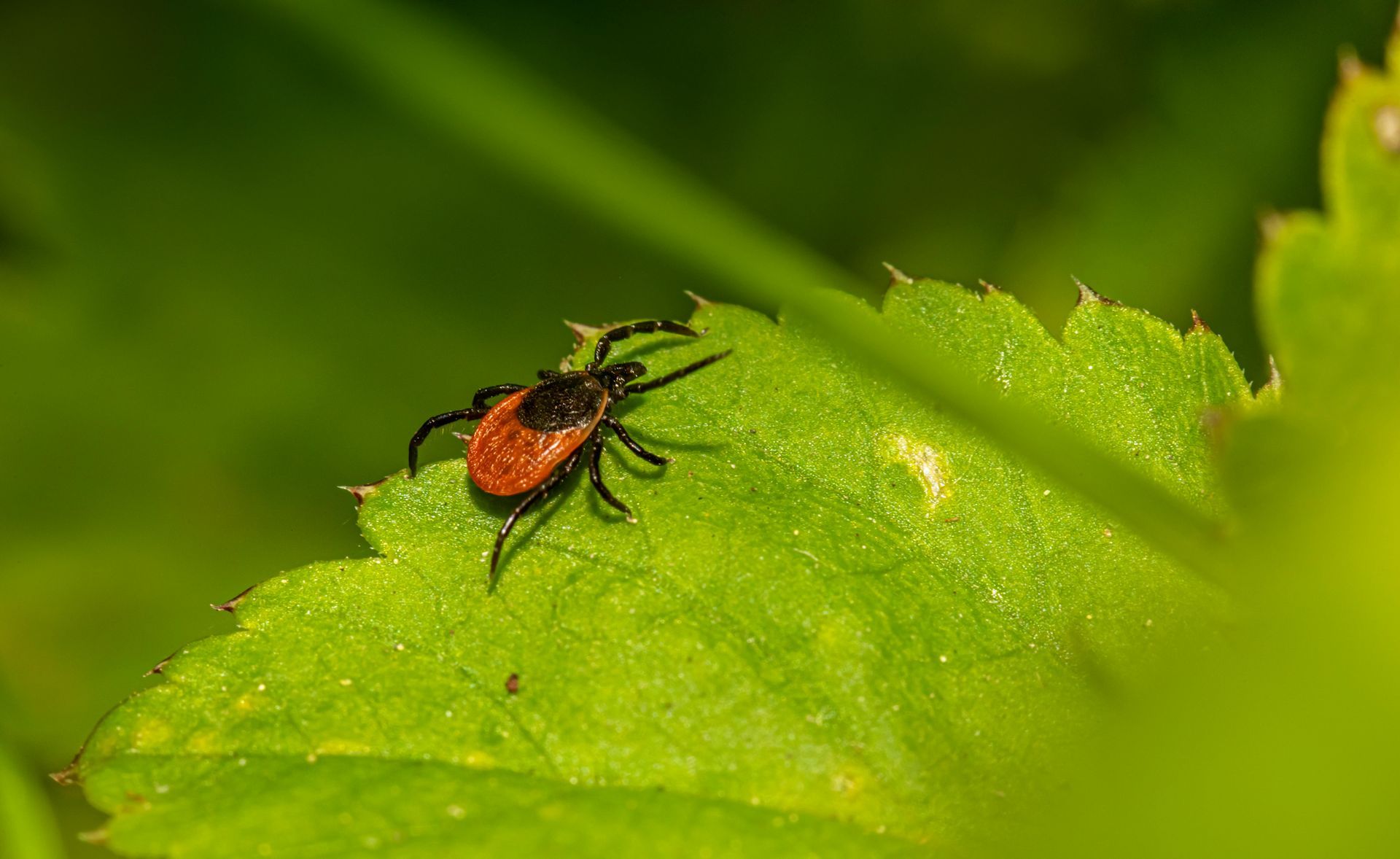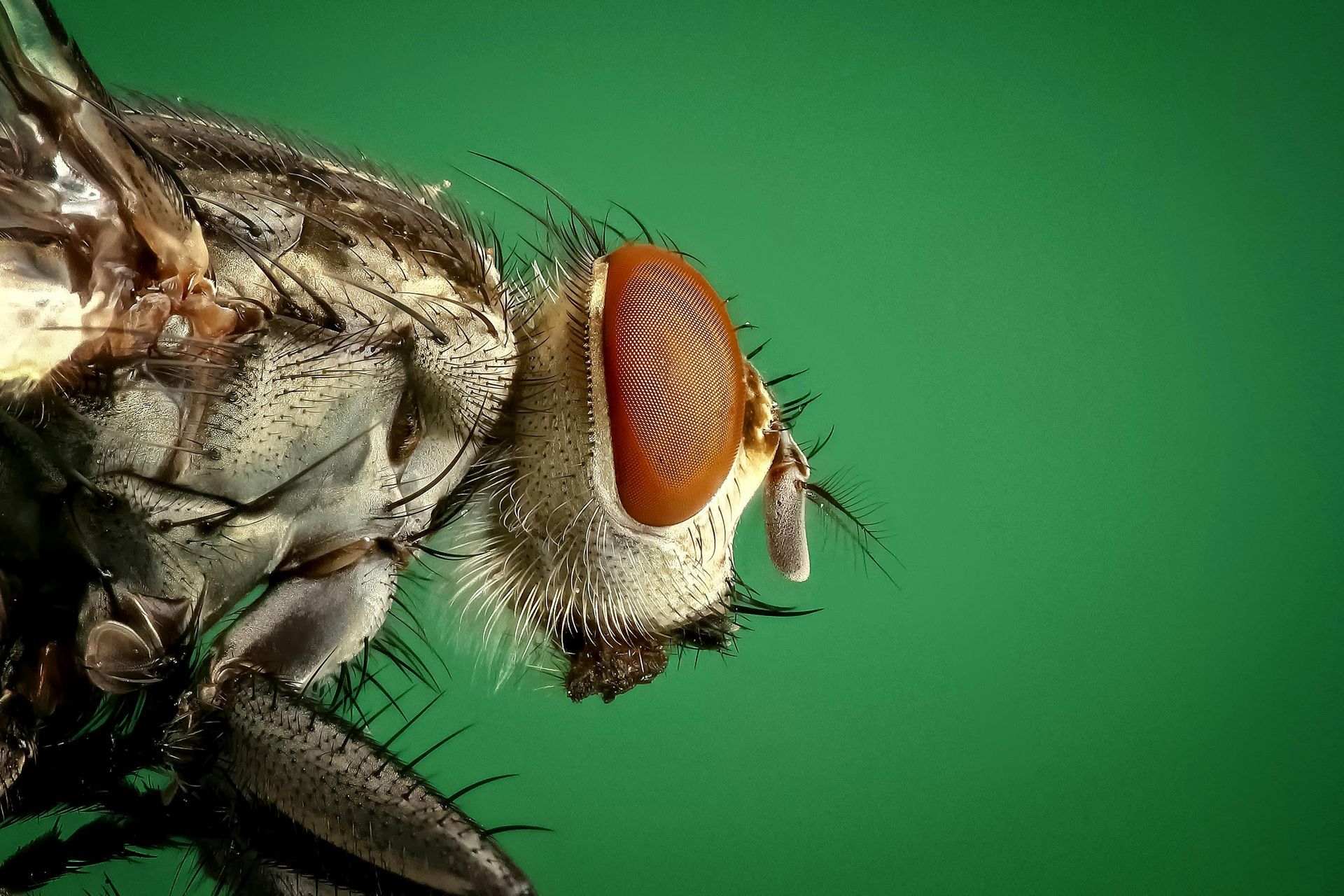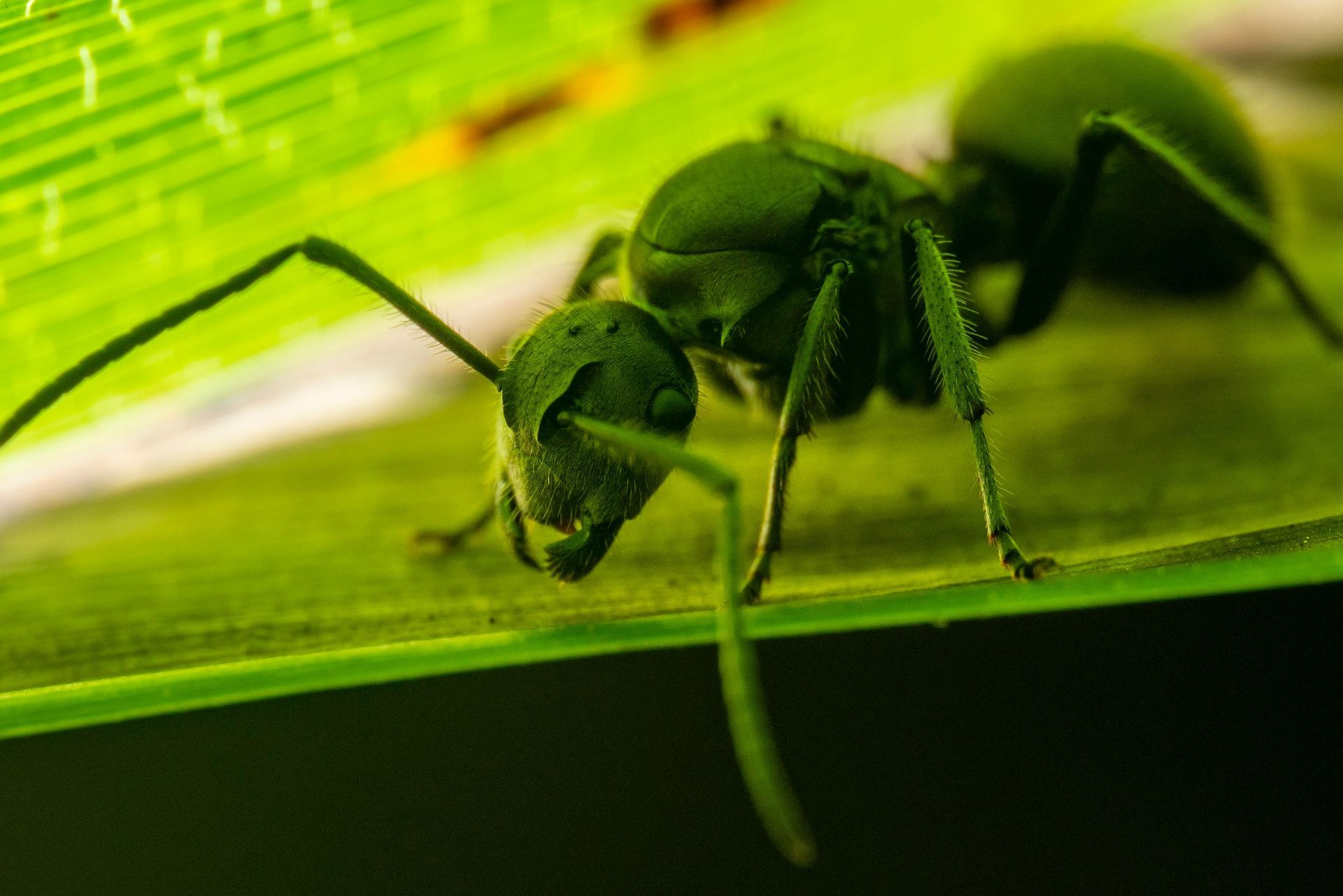The Dangers of Raccoons Around Your Home
Raccoons Can Be Aggressive and Carry Diseases
Raccoons are fun to watch, and their beautiful ringed tails and fur are definitely intriguing. But while they might be interesting to admire, especially because they are so intelligent, they do not really make a good friend in your yard. Though raccoons do bring some benefits because they can scare away other pests, raccoons themselves are a serious health risk to homeowners, and can also create quite a bit of damage.
These furry and mischievous critters eat wasp larvae and destroy the nest, which means less risk of painful wasp stings for you and your family. Not only that, but raccoons also eat other pests, including small rodents, which can keep garden-loving critters away. Because raccoons are not afraid people and do not scare easily, the damage and destruction that they can pose is a significant concern. Raccoons carry a bounty of diseases and parasites including rabies, fleas, roundworms, and parvovirus. These diseases can be deadly for both humans and pets if not treated promptly. Not only that, raccoons will enjoy their feast on garden plants and will create additional messes when they climb into and knock over your garbage cans.
The best way to prevent unfortunate consequences from raccoons is to repel them from your home and yard in the first place. But since raccoons aren’t scared by humans and the tactics that will keep other pests away, homeowners need to take extra precautions to ensure these diseased animals stay away.
- Consider a motion-sensor sprinkler system that is activated when something is approaching. As it is not economical or wise to run your sprinkler at different times of the day and is often not allowed by city covenants, a motion system will spray just enough water to get those raccoons running in the other direction.
- Though it can be expensive, electric fencing is a great option to prevent extreme raccoon disturbances. These fences can keep other animals out too and do a great job in protecting your vegetable and flower gardens. However, to ensure that these fences can be installed and then used as a “set it and forget it” type of system, make sure that you work with a trained installer to ensure that the fence is installed properly and safely.
- You can install live animal traps strategically throughout your yard. These traps lure in the raccoon, and you can then release the raccoon somewhere else, far away from your property. However, before investing in or placing an animal trap, you need to check with your state and county regulations as in many states, it is required that you provide proof of the damage done by the raccoon before you can relocate the critter. You may also need to apply for a live trap permit before you can use the trap, or you will be subject to a fine and penalty.
- Try a natural taste repellent that you can create at home. Mix together one bottle of hot sauce with one bottle of cayenne pepper, and add it to one gallon of water and a tablespoon of liquid dish-washing soap. Pour this mixture into a spray bottle, and carefully spray the areas that you want to protect from raccoons. It is highly recommended that you wear gloves and eye protection when spraying this solution as the cayenne pepper can be painful if it gets into your eyes or on your skin. You will need to reapply this solution often, and especially after a rainfall that will wash away the previous treatment. Also, be sure to keep children and pets away from the sprayed area.
- Invest in a natural raccoon repellent that leverages coyote urine as a marking tool. As the coyote is the most feared predator of the raccoon, the scent of the coyote’s marking tool is guaranteed to keep raccoons and other small pests away.
Critter Repellent All Natural Animal Repellent Blog
